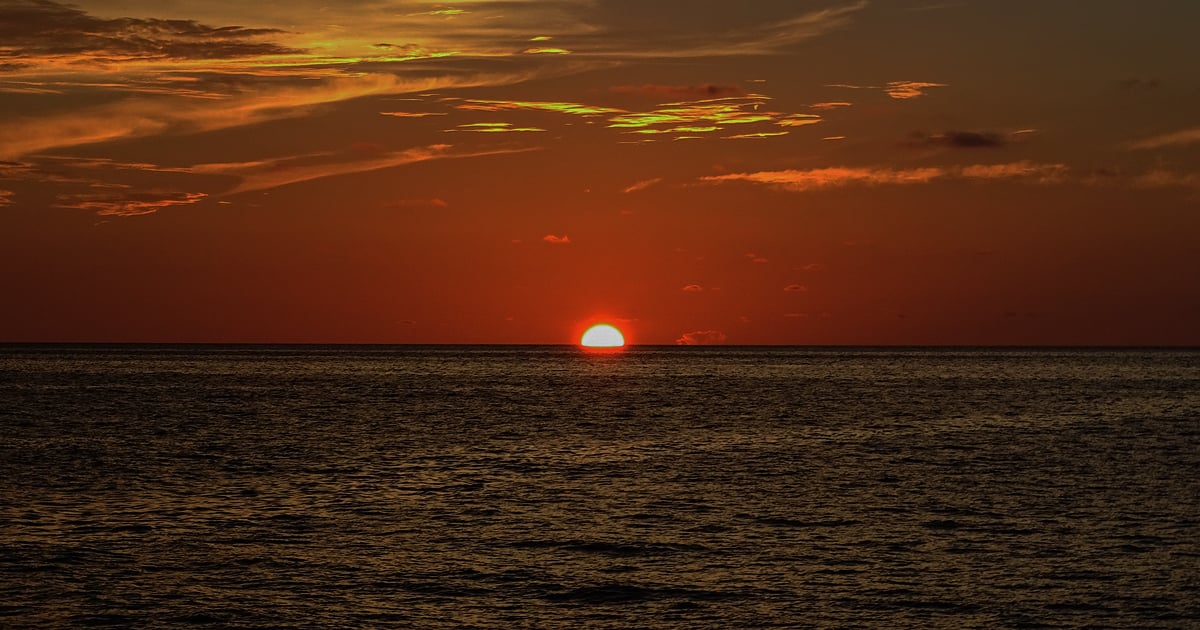
The critical scenario of electricity generation in Cuba is deepening the feeling of weariness in the population, which suffers from frequent and prolonged blackouts and has been hearing promises of improvement for years.
The energy crisis that the country has been facing since 2018, with ups and downs but no solution in sight, adds to the widespread crisis manifested in shortages of food and medicines, uncontrolled inflation, high prices, collapse of public services, increased unsanitary conditions, and the emergence of outbreaks of diseases such as the Oropouche Virus.
With this outlook, and following the departure of the National Electric System (SEN) from the Felton thermoelectric plant in Holguín, Martí Noticias gathered statements from several Cubans to learn about the situation facing the population across Cuban territory.
The electricity outage lasts four hours, there is a total shortage of food. "What the population has received now for the basic basket was from May, from June absolutely nothing has arrived," said activist Alfredo Álvarez Leyva last Friday from Sagua de Tánamo, in Holguín.
In Pinar del Río, the epidemiological situation is complicated. Activist José Rolando Cásares told the aforementioned media outlet that, in addition to prolonged blackouts, the province is experiencing great inefficiency in solid waste collection.
"They are not blackouts, they are brightenings. With the dengue problem and the mosquitoes, there is no cleaning of the areas with products," the activist stated.
Felton's departure further complicated the electricity supply in the eastern region of the island. Independent journalist Anderlay Guerra Blanco reported that power outages are constant and endless in Guantanamo.
"The levels of power outage here are super, but super high all day long, there are companies that work until noon," said the journalist.
Also in Santiago de Cuba, in the municipality of Palma Soriano, the situation is very complex, Daniel Garcia told Martí Noticias. "A third of Palma is experiencing power outages, and it's huge. The bad nights and the crying children and all that... It's criminal, criminal," said the resident.
From Holguin, Dámaso Alberto Fernández stated that power outages last for 14 hours. "Today in the morning they shut it down until 12, but from six in the evening until midnight, they shut it down again," he explained.
Despite the slight and relative improvement experienced this past Sunday, Father's Day in Cuba, the departure of Felton also caused disruptions in the central provinces. According to the entrepreneur Yoel Espinosa Medrano, last Friday most of the city of Santa Clara was without electricity for almost the entire day.
At this time, more than half of Santa Clara is without power, last night was total chaos, and this has caused problems with food preparation, bread making," warned the self-employed worker.
On Saturday, the situation did not improve nationwide. According to the social media report from the Cuban Electric Union (UNE), "the service disruption due to generation capacity deficit persisted 24 hours a day" and reached 847 MW at noon.
For Sunday, the state-owned company led by Alfredo López Valdés forecasted a disruption of 326 MW, significantly lower than that of the previous day, but still insufficient to meet the electricity demand of its customers.
What do you think?
COMMENTFiled under: